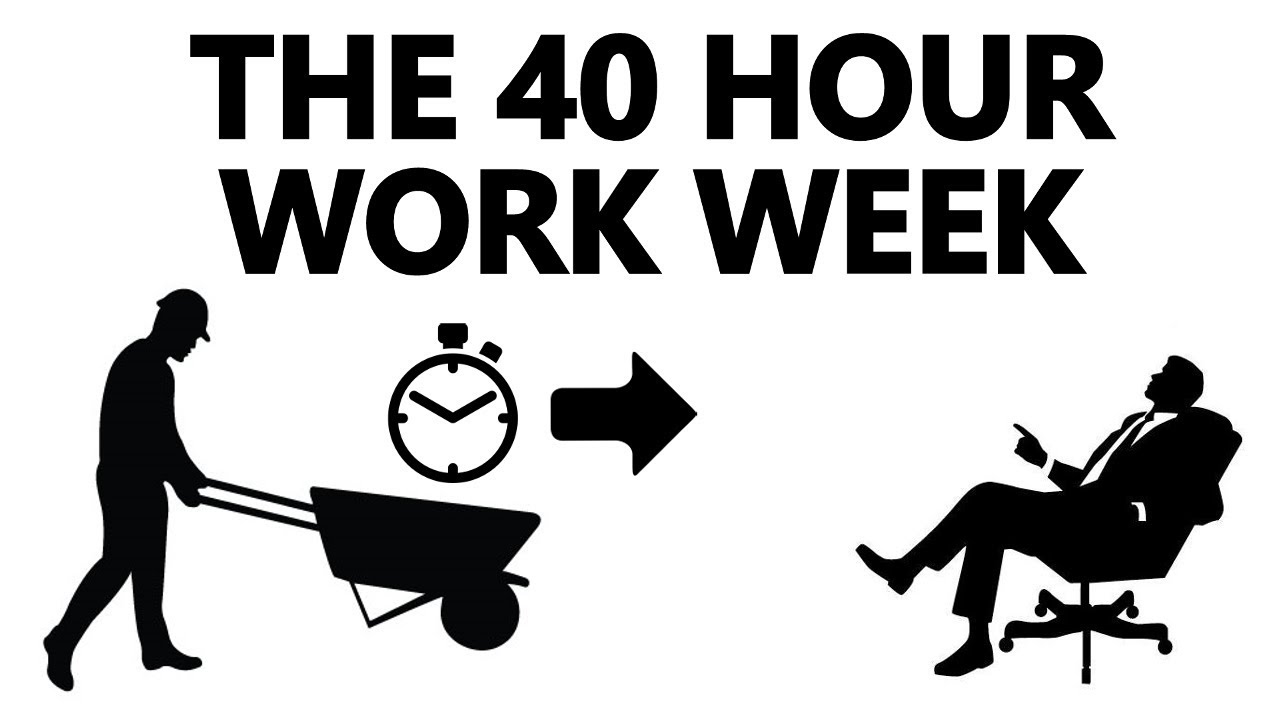What Makes a Remote Job Offer Great
The remote work revolution has transformed the employment landscape, making it easier than ever to work from the comfort of your own home or any location of your choice. As remote job opportunities continue to rise, job seekers have more options than ever before. But what sets a remote job offer apart from the rest? In this blog post, we’ll explore the key elements that make a remote job offer truly great and how to evaluate them.

Clear Job Description and Expectations
A great remote job offer begins with a clear and detailed job description. It should outline the responsibilities, required skills, and qualifications for the position. Potential candidates should have a comprehensive understanding of what the job entails, including any specific tools or software they will be expected to use. Additionally, the job offer should provide insight into the company’s culture and values.
Competitive Compensation
One of the primary factors that make a remote job offer attractive is competitive compensation. Job seekers expect to be fairly compensated for their skills and experience, even in remote roles. The offer should include a clear breakdown of salary, benefits, and any additional perks, such as performance bonuses, stock options, or flexible spending accounts. Salary transparency is essential for building trust with potential employees.
Remote-Friendly Benefits
A great remote job offer goes beyond just a salary. It should include a comprehensive benefits package tailored to remote workers. This might include health and dental insurance, retirement plans, paid time off, and professional development opportunities. Remote workers often seek benefits that align with their unique needs, such as home office stipends, wellness programs, or mental health resources.
Flexible Work Arrangements
Remote work is prized for its flexibility, and a great remote job offer should reflect this. Companies that understand the value of work-life balance offer flexible scheduling options, allowing employees to manage their workloads according to their personal preferences. Whether it’s flex hours, compressed workweeks, or asynchronous work, flexibility is a key factor in job satisfaction for remote employees.
Remote-First Culture
A remote-first culture is one where remote work is not just an option but a core part of the company’s ethos. A great remote job offer should emphasize the company’s commitment to remote work, demonstrating that they have the tools, processes, and communication strategies in place to support remote employees effectively. It should also highlight opportunities for career growth and advancement within the remote work framework.
Professional Development Opportunities
Investing in professional growth is essential for both employees and employers. A great remote job offer should outline the company’s commitment to ongoing learning and development. This might include access to training courses, conferences, certifications, or mentorship programs. Demonstrating a commitment to helping remote employees grow professionally is a strong selling point.
Supportive Technology and Infrastructure
Successful remote work relies on reliable technology and infrastructure. A great remote job offer should include details about the tools and software the company uses for remote collaboration and communication. Additionally, the company should provide adequate technical support and resources to ensure remote employees can perform their jobs effectively.
Strong Communication Channels
Effective communication is crucial for remote teams. The job offer should describe the company’s communication policies and tools, ensuring that remote employees can stay connected with their colleagues and managers. This might include regular team meetings, project management tools, and chat platforms.
Work-Life Balance Emphasis
A remote job offer should emphasize the importance of work-life balance. It should encourage employees to set boundaries between work and personal life and provide strategies for managing remote work-related stress.
Inclusive and Diverse Culture
A great remote job offer should promote an inclusive and diverse work environment. Companies that value diversity and equity not only attract a broader talent pool but also tend to foster creativity and innovation.
Opportunities for Skill Development
The offer should highlight opportunities for skill development and growth within the role. This could include access to online courses, workshops, or mentorship programs that help remote employees enhance their skills and advance in their careers.
Performance Evaluation and Feedback
The remote job offer should describe the company’s performance evaluation process, including how feedback is provided to remote employees. Clear performance metrics and regular reviews are important for career progression and employee development.
Health and Wellness Programs
Wellness should be a priority in the remote work package. Companies can offer wellness programs, gym memberships, or mental health support to ensure that remote employees are taking care of their physical and mental well-being.
Recognition and Rewards
Acknowledging and rewarding remote employees for their achievements and contributions is crucial. The job offer should mention any recognition programs or awards that highlight outstanding performance.
Supportive Remote Onboarding
A great remote job offer should detail the company’s remote onboarding process, indicating that they have a structured program in place to help new hires integrate into the remote team seamlessly.
Remote Work Policies
Clearly outlined remote work policies, including guidelines on security, data privacy, and compliance, are essential for remote employees to work confidently and securely from different locations.
Access to Company Culture
Even in a remote setting, employees should feel connected to the company’s culture. The job offer can mention virtual team-building activities, social events, or other initiatives that foster a sense of belonging.
Time Zone Flexibility
Recognizing that remote employees may work from various time zones, a great job offer should address how the company accommodates these differences, such as scheduling meetings at convenient times or allowing flexible working hours.
Career Advancement Path
A transparent career advancement path should be outlined in the offer. This includes potential promotions, opportunities for leadership roles, and a clear trajectory for growth within the organization.
Employee Testimonials
Sharing testimonials or success stories from current remote employees can add credibility to the job offer. Hearing about the experiences of others who have thrived in remote roles can be reassuring to prospective candidates.
In summary, a great remote job offer considers not only the nature of the job but also the broader context of remote work, including culture, support, benefits, and opportunities for growth. Job seekers should carefully assess these aspects to ensure they are joining a remote-friendly company that aligns with their career goals and values.
Do you like the article? Please comment, and share with loved ones. You can as well buy me a drink through this link. You can read more about work here.



